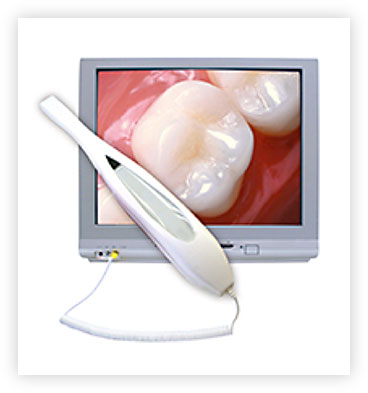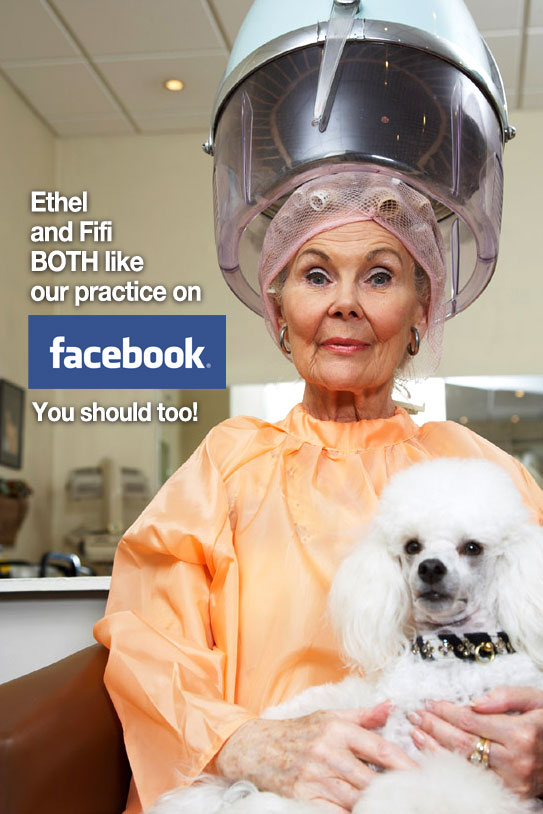 A RECENT STORY IN THE NEW YORK TIMES has left parents worrying about their young children’s oral health. Why, you ask? Tooth decay is on the rise, especially in toddlers and preschoolers. However, even if you don’t have kids this age, or kids at all, you may have grandkids, neighbors, and/or friends with kids that might find this information useful. Spread the word!!
A RECENT STORY IN THE NEW YORK TIMES has left parents worrying about their young children’s oral health. Why, you ask? Tooth decay is on the rise, especially in toddlers and preschoolers. However, even if you don’t have kids this age, or kids at all, you may have grandkids, neighbors, and/or friends with kids that might find this information useful. Spread the word!!
More and more, dentists like Drs. Bradley and Dr. Boswell are seeing preschoolers with an average of 10 cavities at a time. In fact, the article points out that the problem has become so serious that many kids now require general anesthesia during their cavity fillings because they are unable to sit through such extensive procedures when they are awake.
In the news report, one poor 2-year-old boy had 11 cavities, forcing him to endure two extractions, a root canal, and 7 other fillings and crowns for the rest of his decayed teeth. And this toddler is not alone! Research shows that oral infection is the number one chronic disease in children, and over 50% of today’s toddlers will have some sort of tooth decay before they are 5.So, what is causing all this decay, and how do we prevent it!?
Severe tooth decay can be caused by a variety of young children’s habits such as endless snacking, sugar-rich foods, refined foods such as white bread, sweet drinks before bedtime, un-fluoridated bottled water, lack of flossing, and a general abhorrence of oral care. Many parents have to fight with their children to brush their teeth once a day, let alone the recommended “two-minutes, twice-a-day!” However, this is one battle that is definitely worth fighting.
A lot of parents are also unaware that they should bring their babies to the dentist by age 1 to be checked for future cavity risk.
So, here’s what you can do: cut the overload of sugary snacks out of your children’s diets like raisins and fruit roll-ups, make sure you are giving them tap water instead of bottled, help them brush their teeth at least twice a day and floss once until they are 8 or able to write in cursive, and bring them to our practice for regular checkups!
We look forward to helping you improve your child’s oral health!!Request an appointment.

 Our intra-oral camera is an amazing handheld device that combines an extremely bright light source with a tiny, high definition video camera. Most intra-oral cameras look a lot like a writing pen, and when moved around inside your mouth, they give our team the ability to see enlarged, detailed images of the surfaces of your teeth, the condition of your gums, and other valuable information about the tissues inside your mouth.
Our intra-oral camera is an amazing handheld device that combines an extremely bright light source with a tiny, high definition video camera. Most intra-oral cameras look a lot like a writing pen, and when moved around inside your mouth, they give our team the ability to see enlarged, detailed images of the surfaces of your teeth, the condition of your gums, and other valuable information about the tissues inside your mouth.

